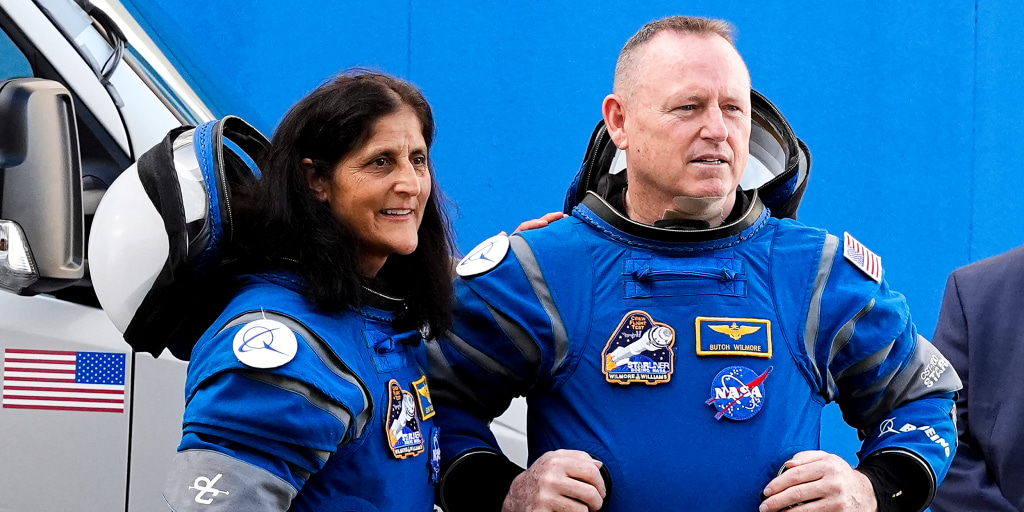Space Drama Unfolds: Astronauts Challenge Musk's Political Delay Accusations

In a controversial statement, Elon Musk has alleged that two NASA astronauts were deliberately stranded on the International Space Station due to political motivations, following technical difficulties with their Boeing Starliner spacecraft. The unexpected claim has sparked discussion and raised eyebrows in the aerospace community.
Musk's assertion comes in the wake of ongoing challenges with Boeing's spacecraft, which experienced technical issues that prevented its immediate return to Earth. The SpaceX founder suggested that external political factors, rather than purely technical considerations, might be influencing the astronauts' extended stay in space.
While the specific details of Musk's claims remain unclear, the situation highlights the complex dynamics of space exploration and the ongoing competition between private space companies. NASA and Boeing have yet to publicly respond to Musk's provocative statement, leaving many questions unanswered about the true circumstances surrounding the astronauts' prolonged mission.

